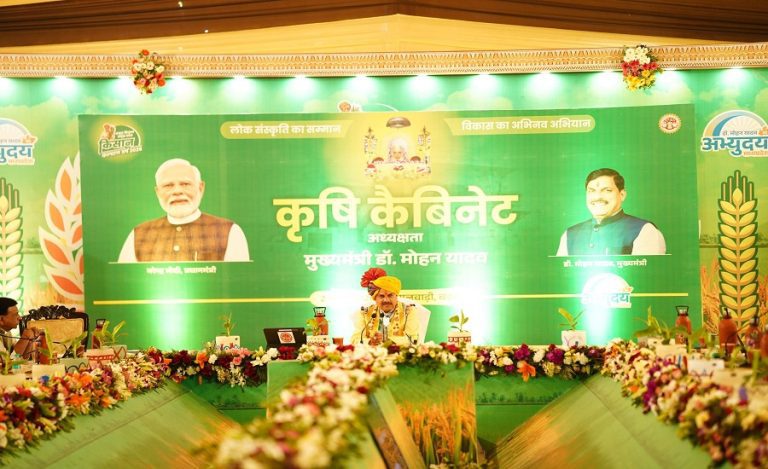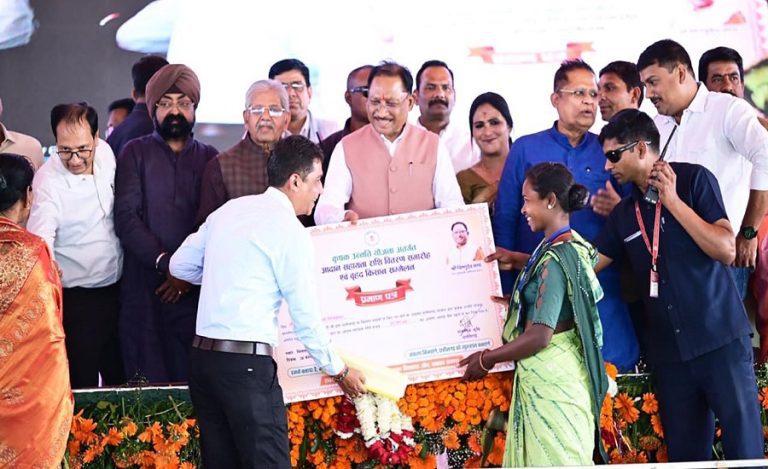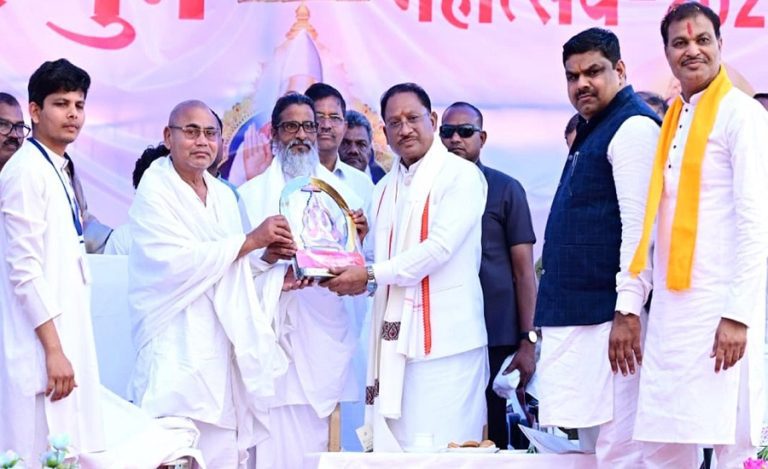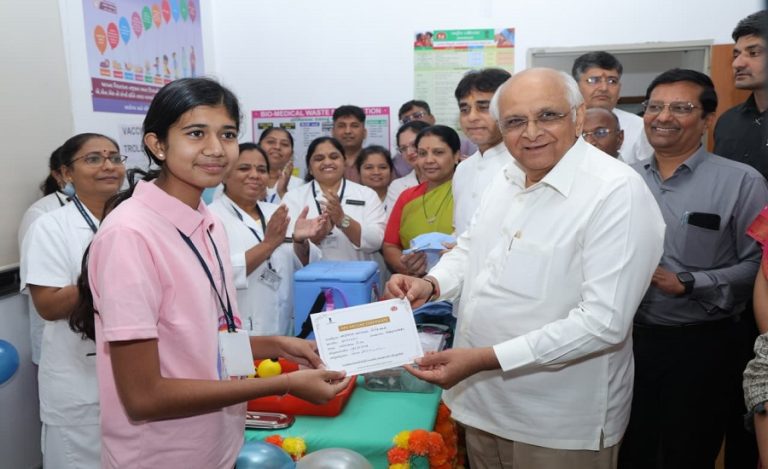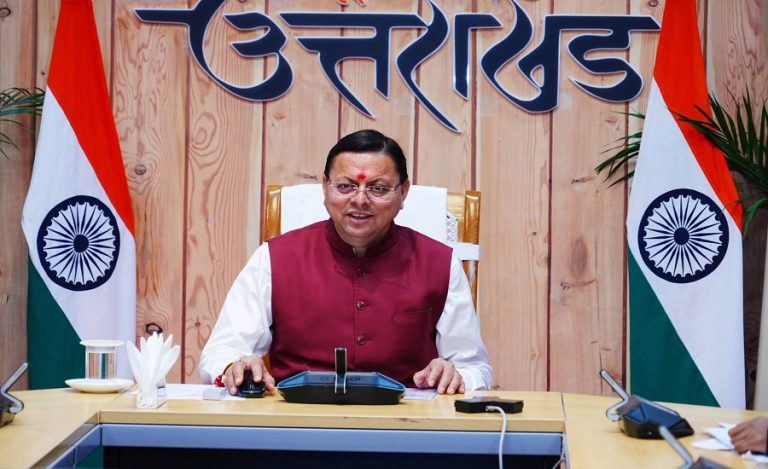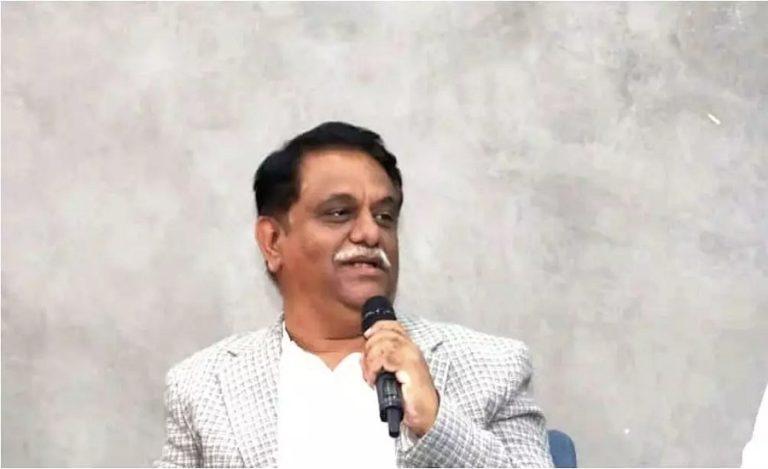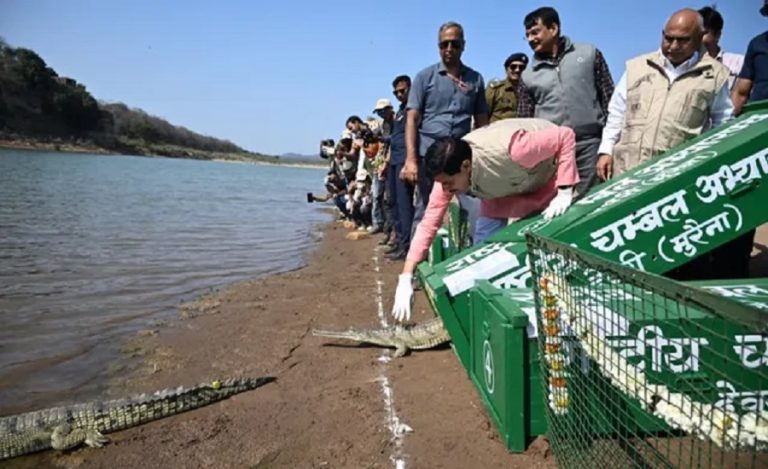According to the National Education Policy (NEP) 2020, a focus on vocational education through mainstreaming and integrating it into general education would assist students to develop a variety of skills to fulfil industry demands and enhance the standard of education.
Keeping this in mind, Mission Director, Skill Development Mission & Director, Training & Employment, UP, IAS officer Andra Vamsi came up with Project Praveen to enable skill-building of school students, in a bid to help them become masters in the vocation they choose.
In an exclusive conversation with Indian Masterminds, the officer shared details about the same.
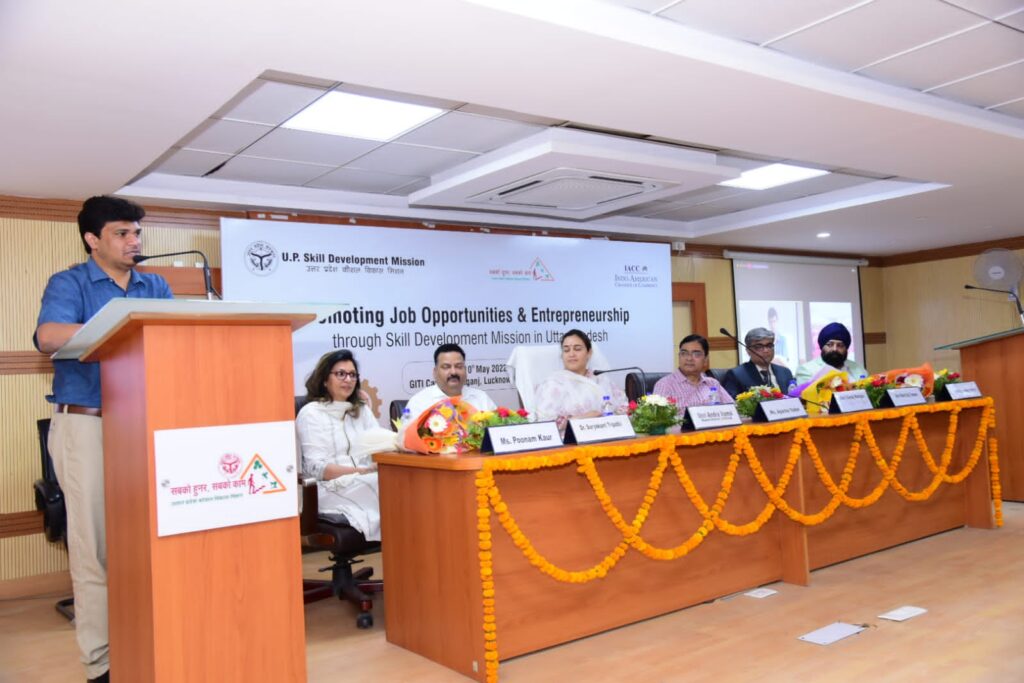
PROJECT PRAVEEN
The 2011 batch IAS officer came up with Project Praveen with the goal of redesigning the entire educational curriculum into a comprehensive, adaptable, and productive enabler. A total of 150 schools, two from each district of Uttar Pradesh (one higher secondary boys’ school and one higher secondary girls’ school), were chosen as part of Project Praveen, which started as a pilot programme. Students from these schools had the option of choosing the skilling process.
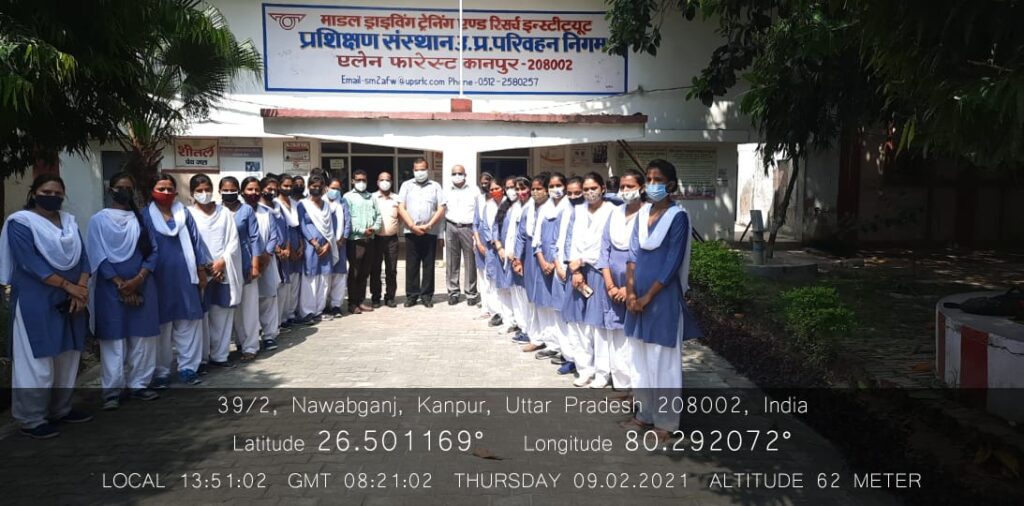
“These are government-run schools, and the main goal is to support secondary education-level skill-building activities. The students involved in the initiative would be in grades 9 through 12. They may select one of the eight employment roles we are offering for their skill-building activities,” shared Mr. Vamsi.
The main goal of this initiative is to encourage skill development at the school level in order to prevent favouritism and under-favouritism for particular disciplines and skilling from school time itself.
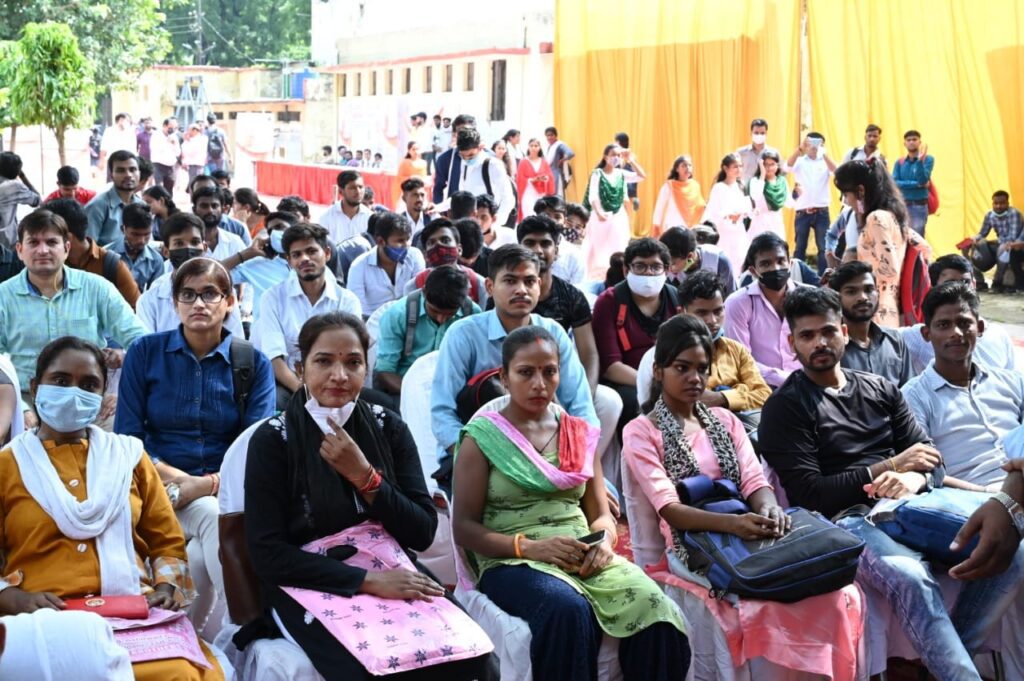
JOB ROLES
Students will have access to skill development training in eight trades, including, among others, beauty and wellness, IT electronics, apparel, power, retail, and automobile. The age range for participants in the skill-building programme is 14 to 35. However, 9th-grade children who want to take part in the project, but haven’t turned 14 yet, can receive a little relaxation.
“Students were given the option to choose their job roles, and a minimum of 30 pupils were selected from each batch. Along with this, a minimum of five batches per job role were guaranteed at each and every school,” Mr. Vamsi told Indian Masterminds.
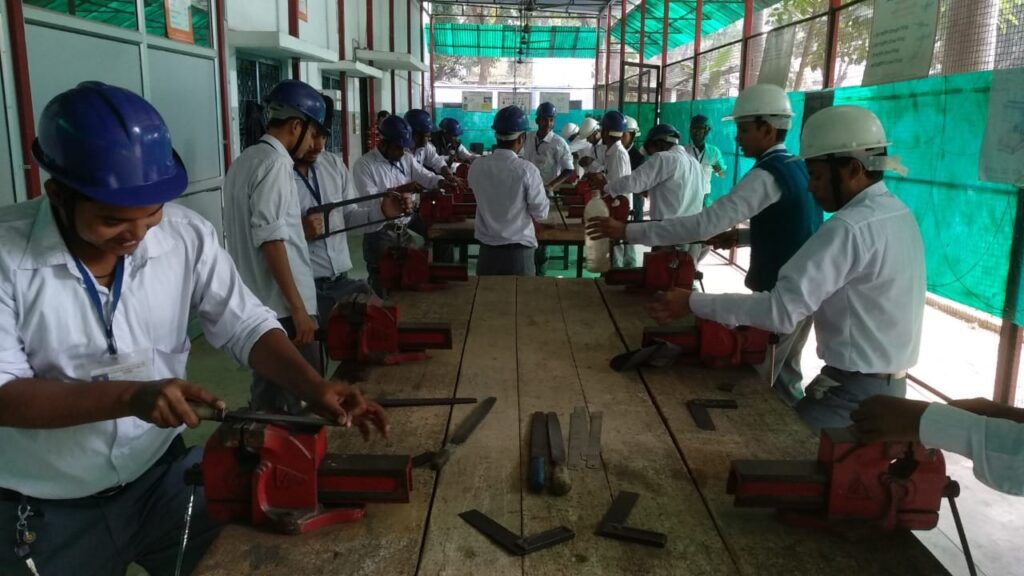
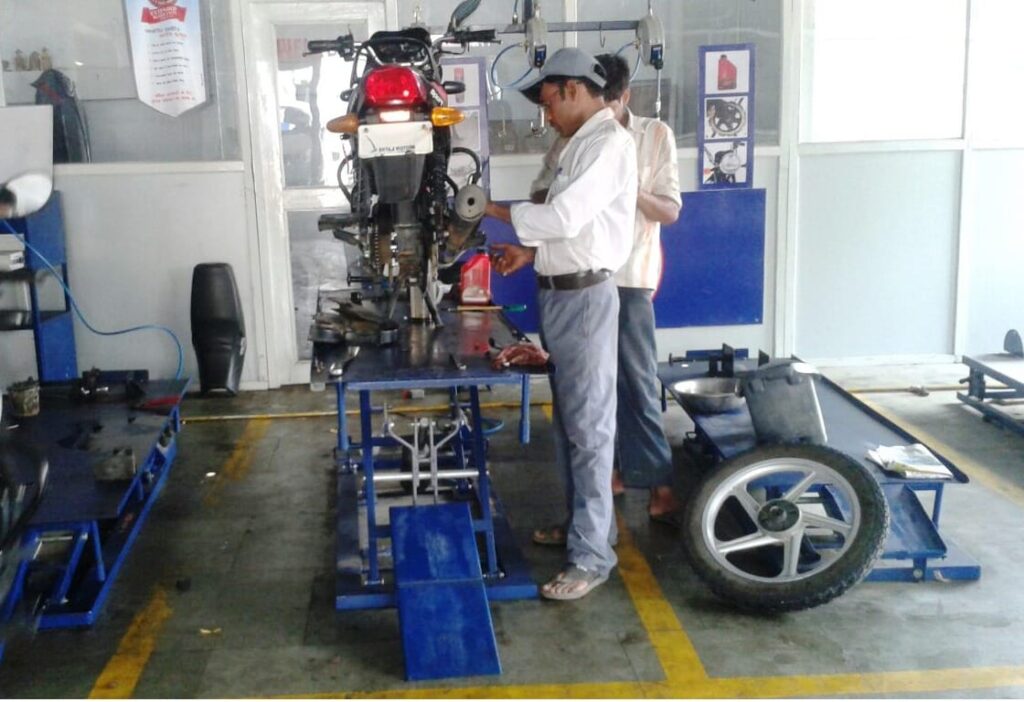
AFTER-SCHOOL TRAINING SESSIONS
Furthermore, the officer has made sure that the regular school classes and activities of the students shall not be disturbed because of the skilling project. Therefore, the skill development activities are conducted after school hours get over.
“Around 1-2 hours per day are dedicated to the programme, in each school, once the classes get over. Students who complete the training will receive a certificate. This will also allow the department to monitor absenteeism. The training will be provided in schools with the assistance of private training centres and ToT-certified trainers enrolled with the Skill Development Mission,” the officer said.
A minimum of 300 hours will be spent on each student’s training, in 150 schooling days, dedicated to Project Praveen. With this, skill development will become an integral part of the curriculum.
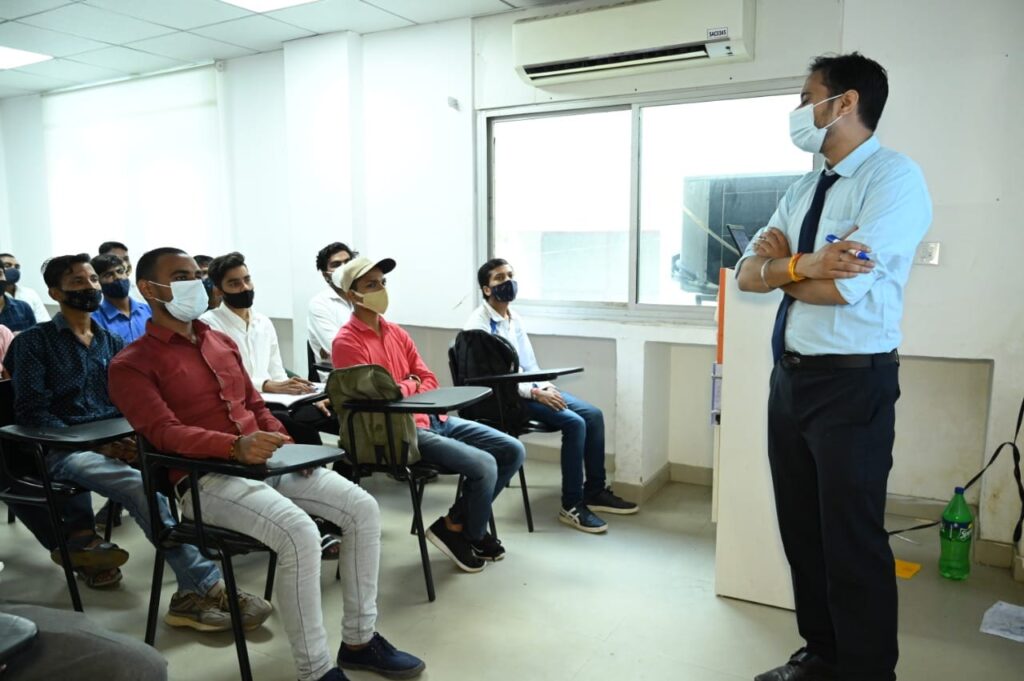
EXPANSION TO SHELTER HOMES AND JAILS
Mr. Vamsi has expanded the skill development programme to shelter homes, jails, and juvenile homes of Uttar Pradesh, also, to turn these places into skill hubs.
“A person should not sit idle in jails during the course of their imprisonment. He should be able to use his time in the correction home for learning new skills and productivity. Therefore, instead of confining them to particular prison activities, we decided to upskill them through our skill development initiative, so that whenever they complete their sentence and come out as free men, they can utilize their skills in finding appropriate work for themselves. This will reduce their risk of going back to illegal occupations and will render them a life of peace and respect,” Mr. Vamsi said.
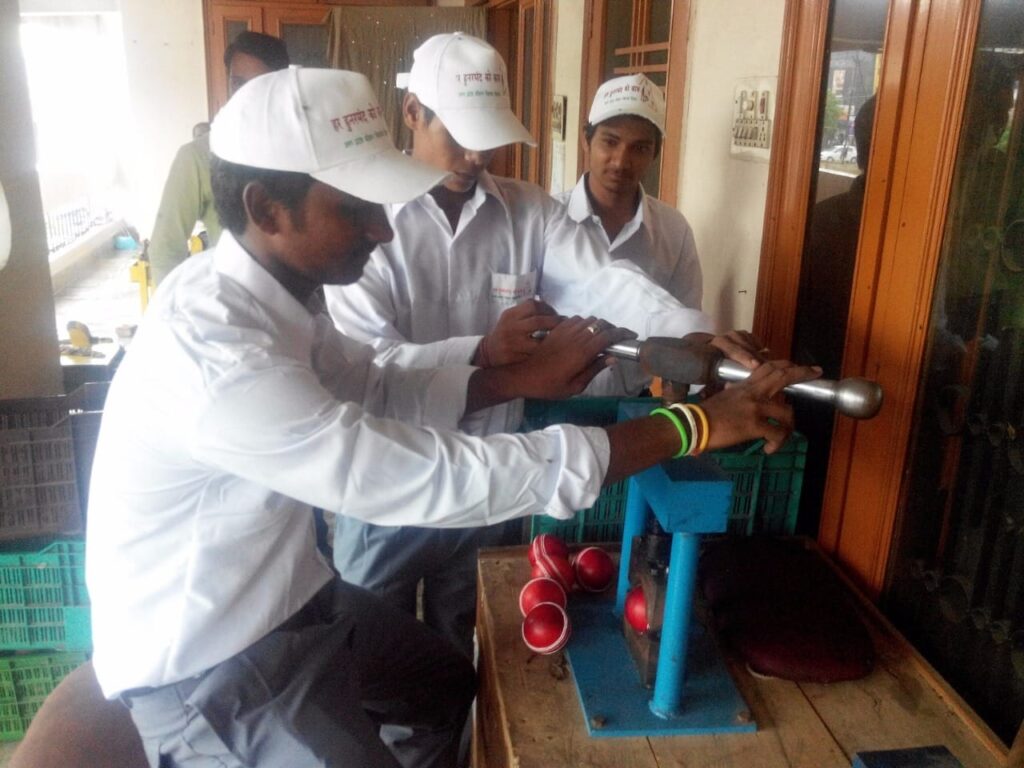
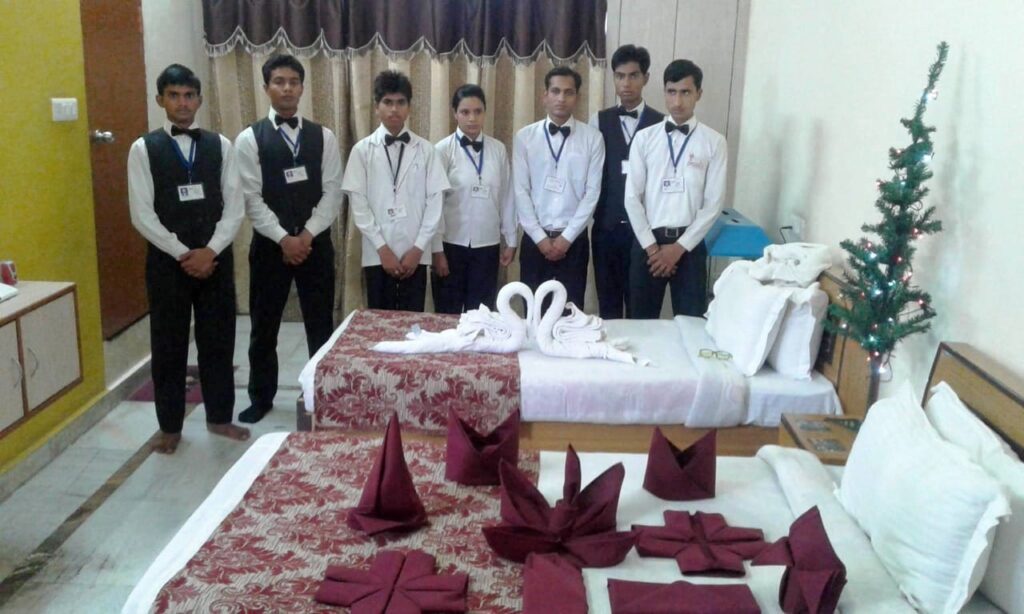
WOMEN-SPECIFIC SKILLING
Similarly, the officer and his team expanded their project to the destitute women living in shelter homes. He provided them with proper training and conducted skill development programmes for them in various fields.
The field that the destitute women chose to work in, specifically, was Pink Bus Sewa – a bus service started in UP with the goal of providing a safe transport alternative for women, with only female workers on board. While conductors and support workers were quickly identified, authorities struggled to identify qualified female bus drivers.
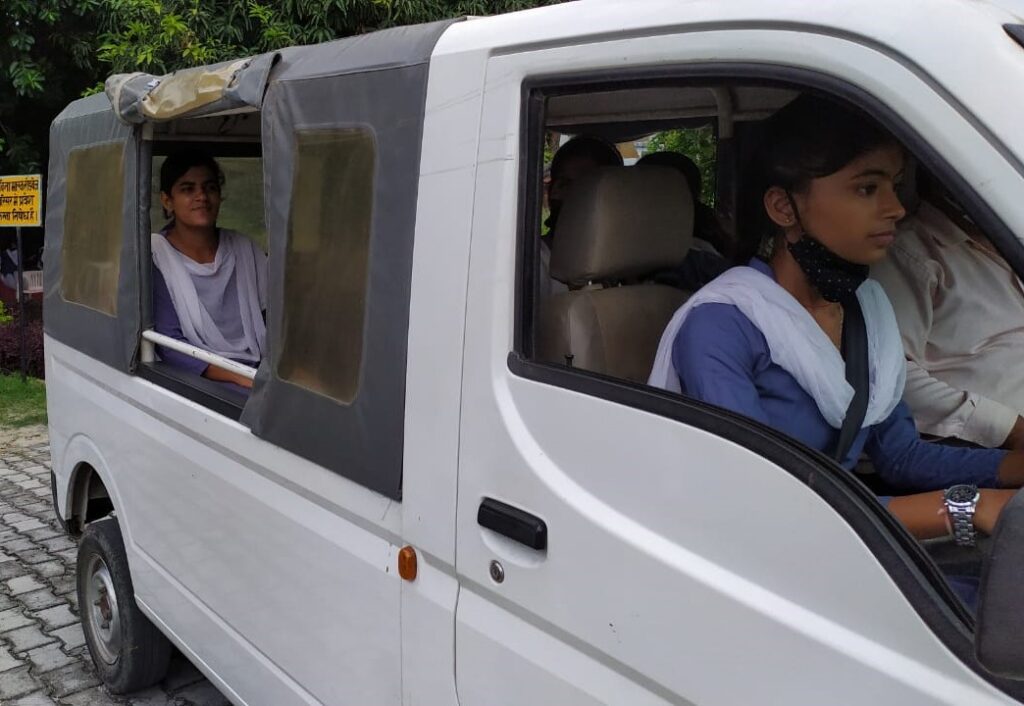
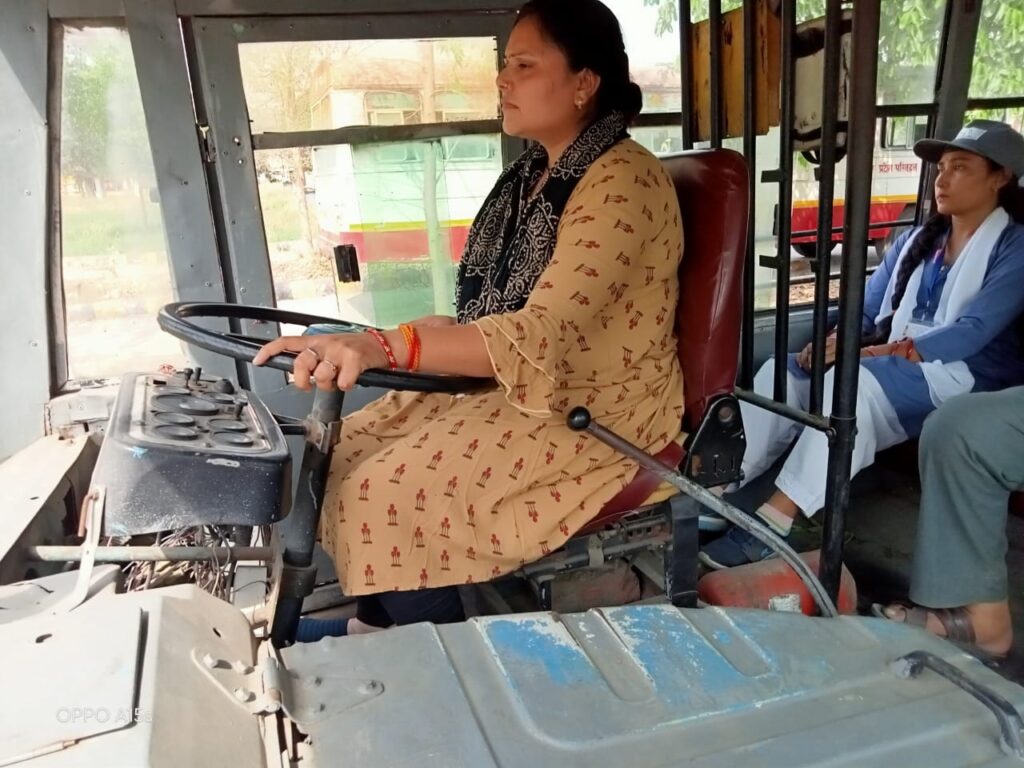
Women candidates who were chosen for the 7-month skill training are now prepared and have acquired their licence to drive large motor vehicles. The buses will now be driven by qualified female drivers, in addition to conductors and support workers, fulfilling the aim of these Pink vehicles.
Apart from this, women were also keenly interested in self-defence skilling and are under training to soon become trainers themselves and teach young girls how to protect themselves.
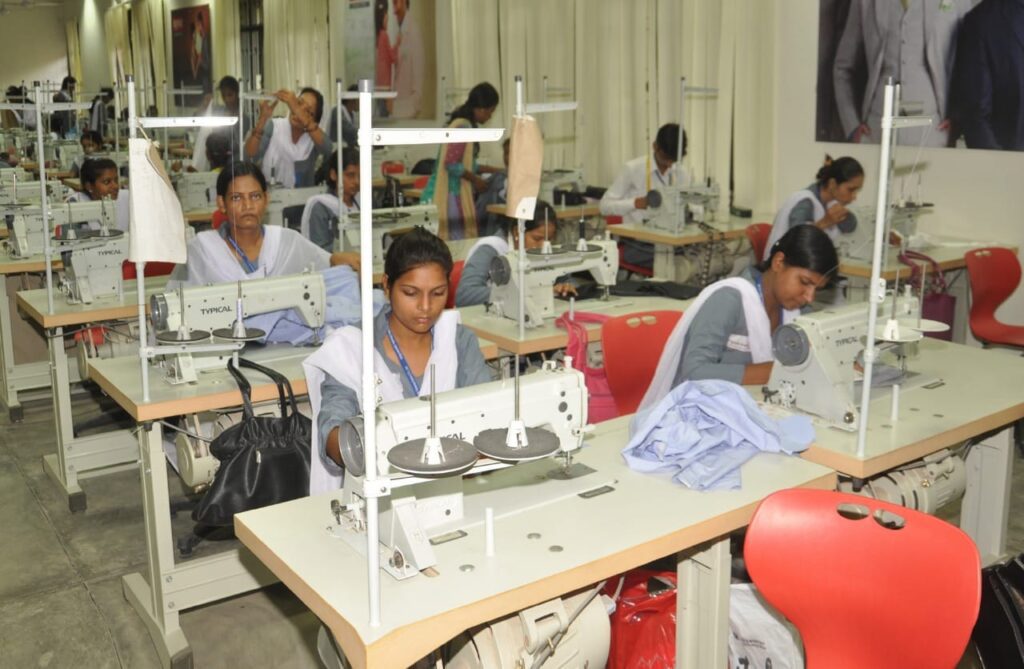
“These are exclusively meant for the vulnerable who are cut off from the main society and need the support of the state and the system to move forward in their careers,” shared the officer.








